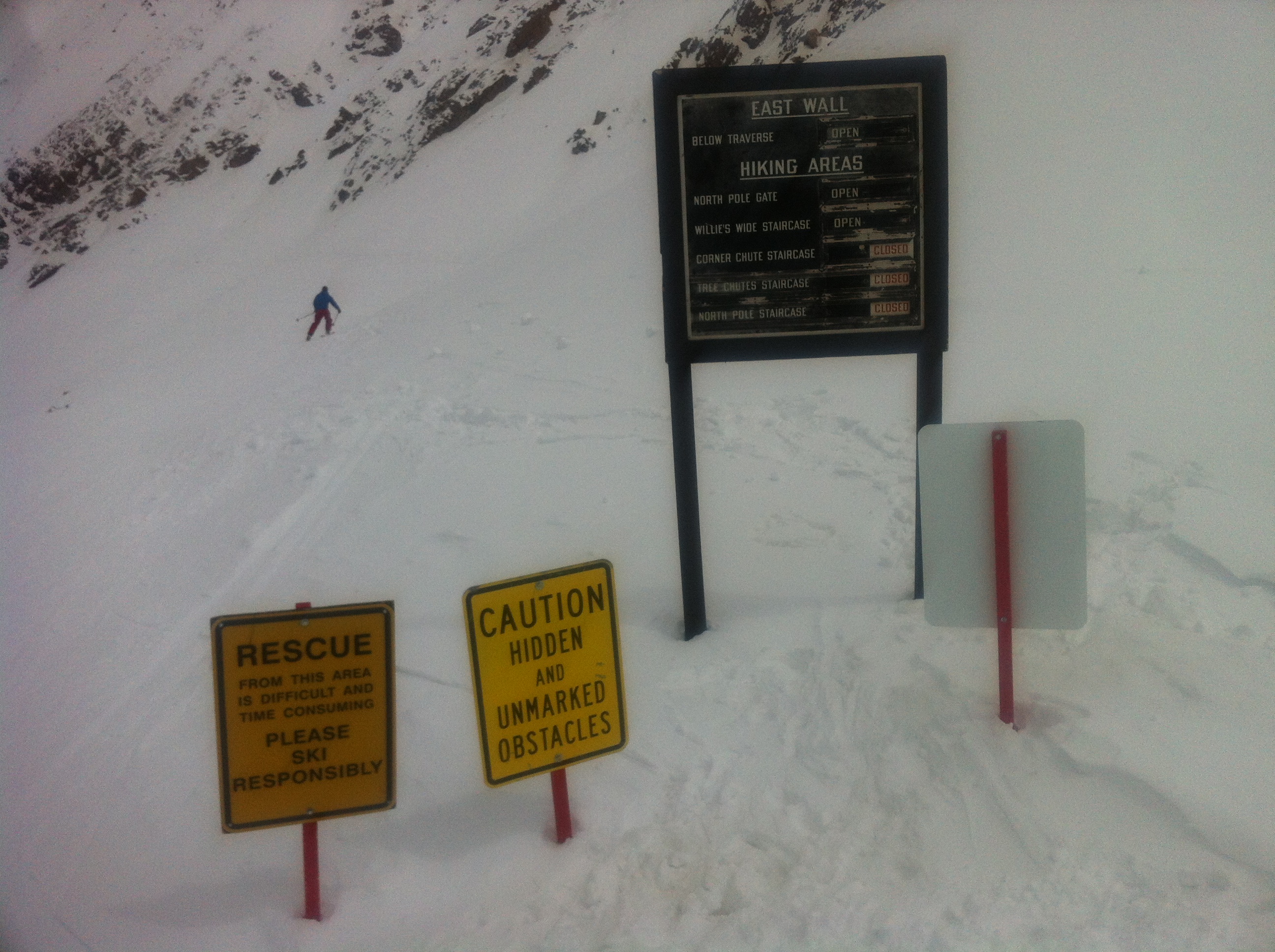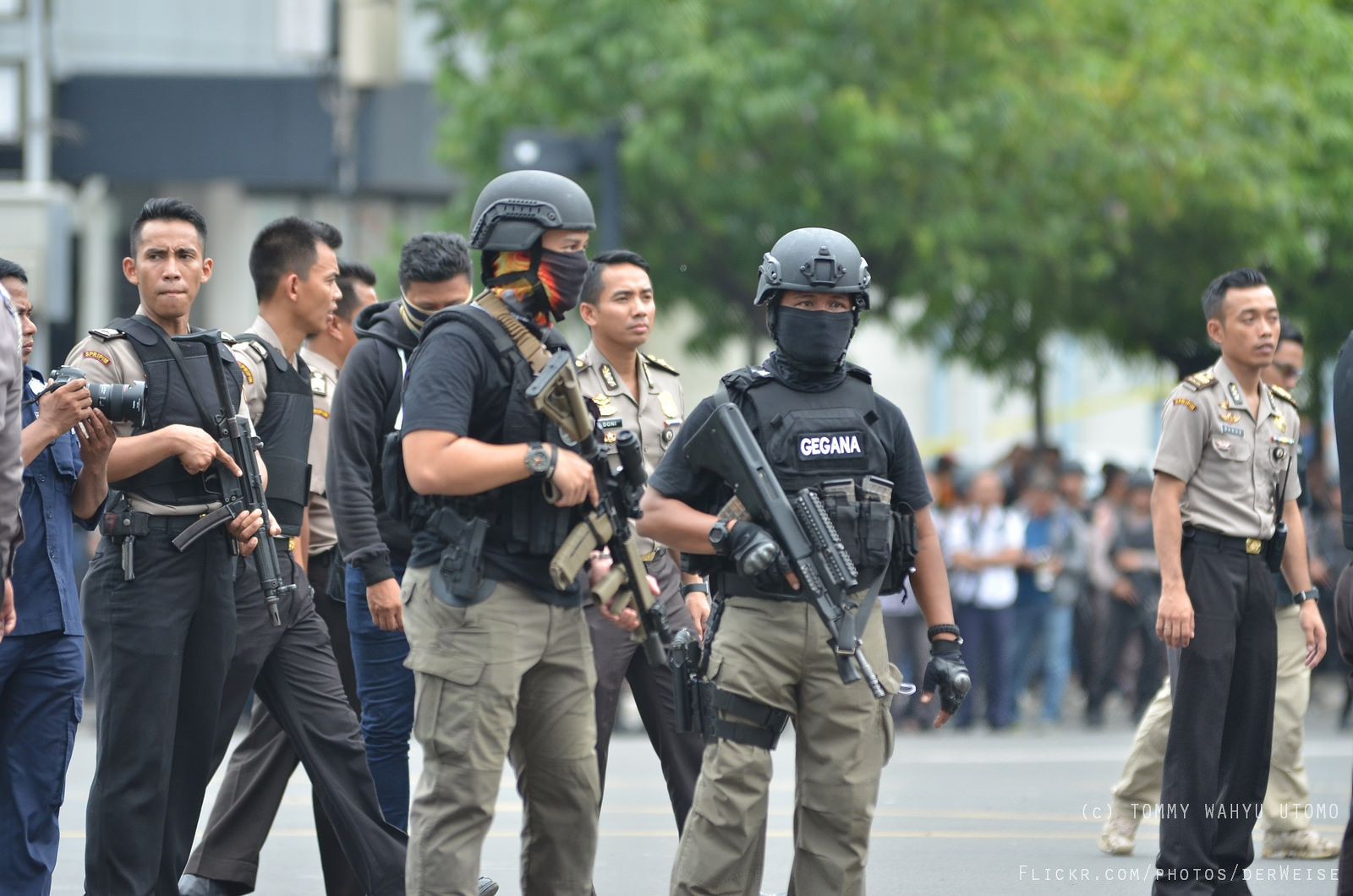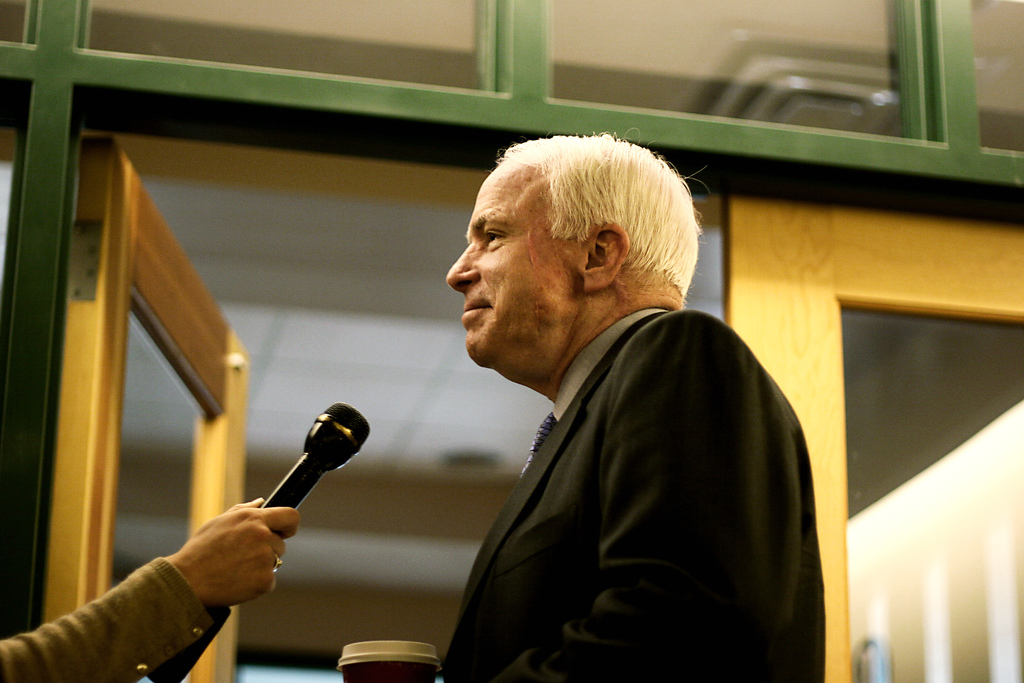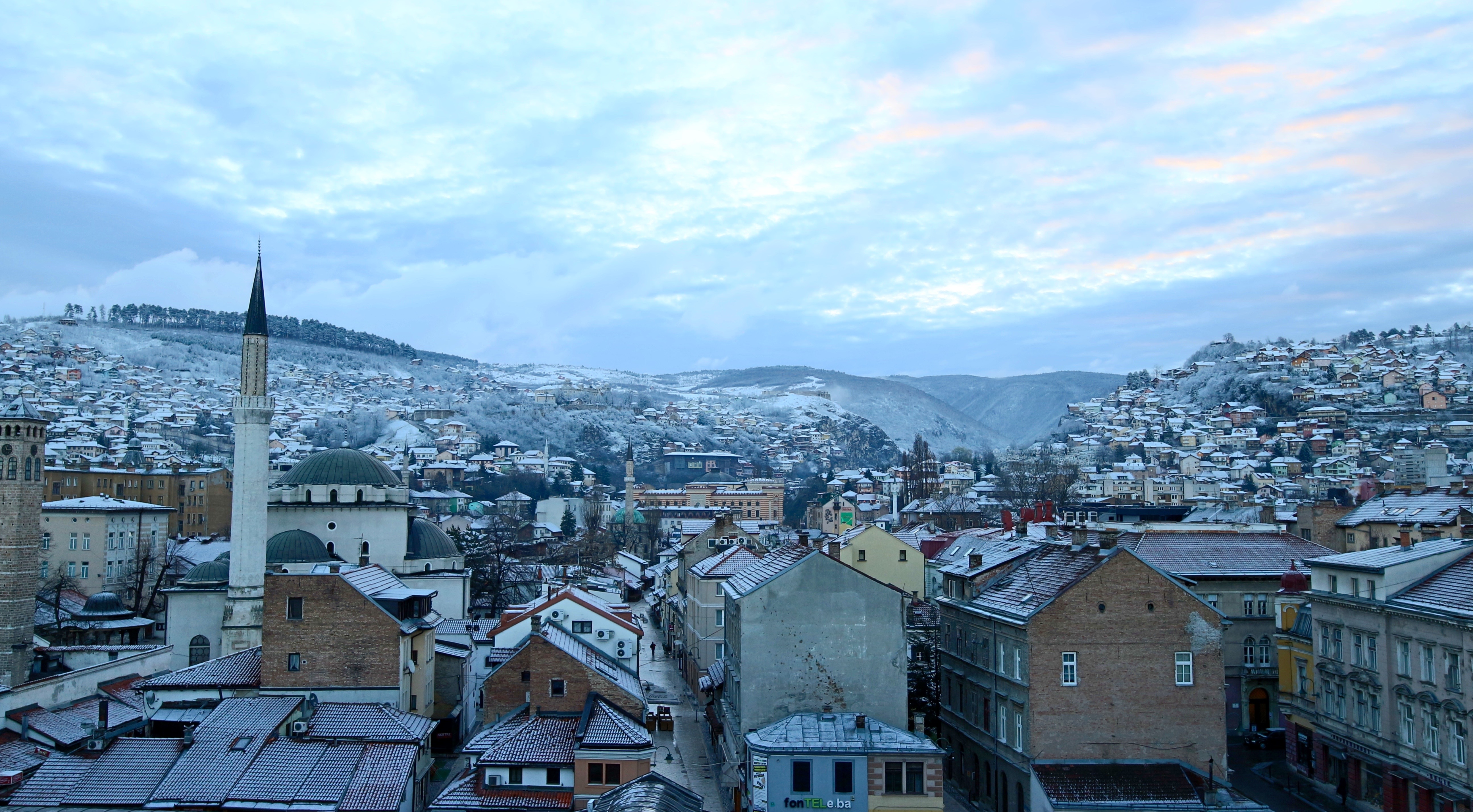
As we approach the Olympic Winter Games in Sochi, Russia, both winter sports and terrorism have been on people’s minds. Here at the University of Denver we know a thing or two about skiing. We also know about terrorism (studying it, of course)…
Now, you may think alpine skiing is just about schussing through beautiful mountain scenery. And most of the time, it is — a pristine and safe recreational experience. But, following on my previous writing on land reform, I will discuss how skiing can also be considered as a counter-terrorism policy and how skiing has further even been the target of terrorism (perhaps those “skiing is a dangerous sport” warnings on my lift tickets were right?). Indeed, as confirmed by the headline, “Russia Backs Resorts to Stem Terrorism,” these Olympics are an explicit peacebuilding ploy.
Terrorism is the last thing most vacationers want to think about, but nerves have been rattled since Sochi is near the unstable Caucasus region. According to recent news reports, there are increasing worries of potential terrorist attacks and female “Black Widow” suicide bombers emanating from neighboring Dagestan or Chechnya. Islamist rebels have vowed “maximum force” while the Russian government has bolstered its security plan. Beyond Russia, skiing and terrorism have also intersected in some of the main conflict hotspots of the past decade, including Pakistan, the Kashmir region in India, Afghanistan, and Nepal (where trekking was interrupted by the Maoist insurgency in the 2000s).
There are several theoretical mechanisms linking skiing and terrorism. Below I outline some of both the positive and negative associations:
The Positive: Effects of skiing on terrorism
- Skiing brings development. The arrival of the ski industry can contribute increased employment and infrastructure in poor, rural mountainous areas. Take the Swat Valley in Pakistan: although the Taliban overran Swat in 2007, there is now hope that the reopening of the ski school will spur employment and tourism and prevent future threats.
- Skiing brings state presence. As skiing infrastructure is built and tourists come, there is also the potential for state presence to be strengthened, including the provision of security and government services. Indeed, at the moment the Russian government is swarming Sochi with security forces.
- Skiing empowers and builds cohesion. According to the avalanche of new studies in the budding sports and peacebuilding literature, shared athletic activities can foster empowerment and cooperation, and can serve as a symbol of normality and freedom. At least these Afghan villagers seemed to be enjoying themselves while sliding!
The Negative: How skiing attracts terrorism
- The best skiing is on “rough terrain.” Unless you’re on a bunny hill, skiing happens in mountainous and rough terrain, which we know (if we know anything) is correlated with insurgency. Especially in weak states, rough terrain affords rebels and terrorists a chance to hide from government forces. Think about it: it’s no coincidence that just about every time super spy James Bond goes skiing bad guys seem to appear out of nowhere and start shooting at him (which, in The Spy Who Loved Me, could make Bond’s poor hand-dropping technique excusable). Strong states, such as the US, can train elite skiing army units like the famed 10th Mountain Division. Weak states cannot.
- Ski resorts present indefensible targets. The placement of ski resorts is non-random. Often, they are near wealthy, urban populations and far from insecurity. However, in isolated regions where government institutions are weak they can present indefensible targets. In this sense, skiing faces the same risks as other forms of valuable infrastructure investments, such as those used in extractive industries (oil pipelines and mines, etc.), which are frequently targets of attack in conflict zones.
- Skiing alters development. As wonderful as skiing is, as a form of development in a pristine environment, on-piste skiing alters the natural environment as lodges are built and populations grow. As a form of gentrification, it can also clash with local customs and development cycles and spawn grievances. In the US, one can look to the eco-terrorists that burned down the Two Elk Lodge on Vail Mountain as but one example of backlash to development.
There are several implications of this analysis of skiing and terrorism for the Olympics in Sochi. A key one is the risk stemming from rough terrain. Hopefully Deputy Prime Minister Dmitri Kozak was right when he said, “It is an illusion that there is more access to Sochi for terrorists. Sochi is isolated from the rest of the Caucasus — Chechnya and other such regions — by mountains that are not easily passable.” Sochi’s relative isolation combined with Russian deployment of counter-terrorist resources may provide some reassurance. Yet, the “rough terrain” fears are not totally unfounded as 2 years ago, in 2011, 4 skiers were attacked and killed (plus a gondola destroyed) by terrorists at Mt. Elbrus, inland from Sochi. So, perhaps the geographic fortification might not quite be what it has been made out to be. Further, if the neighboring hotspot regions are as isolated from Sochi as Kozak implies, it is unlikely the Sochi games will have the positive development spillovers that planners had hoped for them.
Overall, skiing, like other forms of tourism, offers potential for developing areas with few other resources. But unless it is accompanied by sufficient state capacity and transportation links (and is sensitive to local conditions), it can also create opportunities for terrorism. This topic definitely merits future additional research, including extended field studies in regions with high vertical drops and fresh powder. More analysis to come as I continue my “work” on this issue…







2 comments
Terrorism is a method of war used by people who lack the means to carry out more substantial operations (guerrilla war, conventional war). The state is the highest, most efficient organization of war — the Gewaltmonopol. It is the state which offers terrorists a target. Bringing the skiing and tourist industries into an undeveloped, ‘backward’ region is gentrification, an extension of the state. If the people of the target area are not bought off and incorporated into the state’s project, I would think such developments would cause an increase in terrorism and other hostile activities.